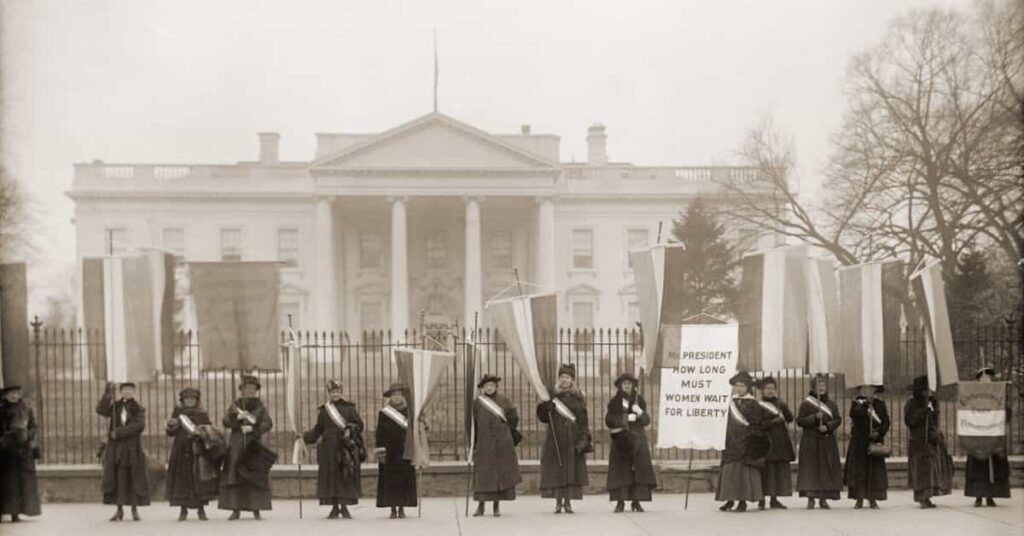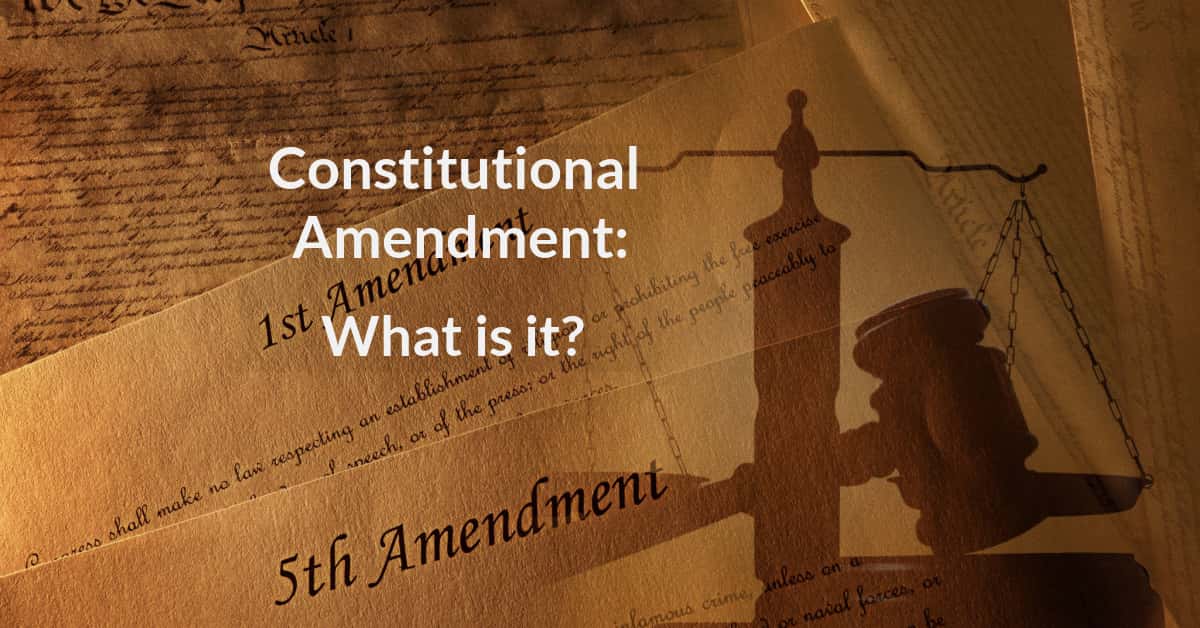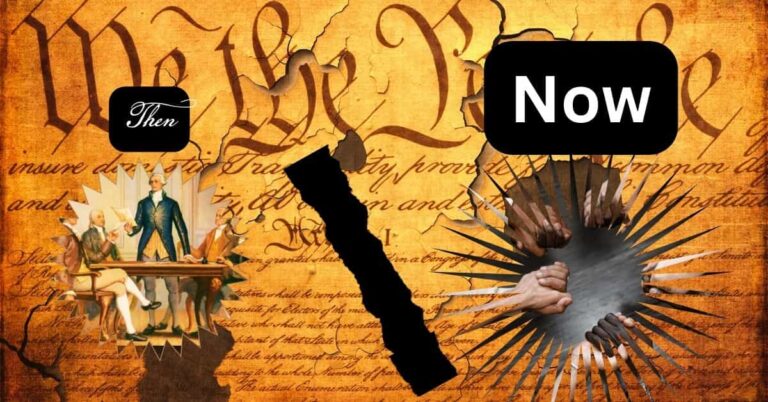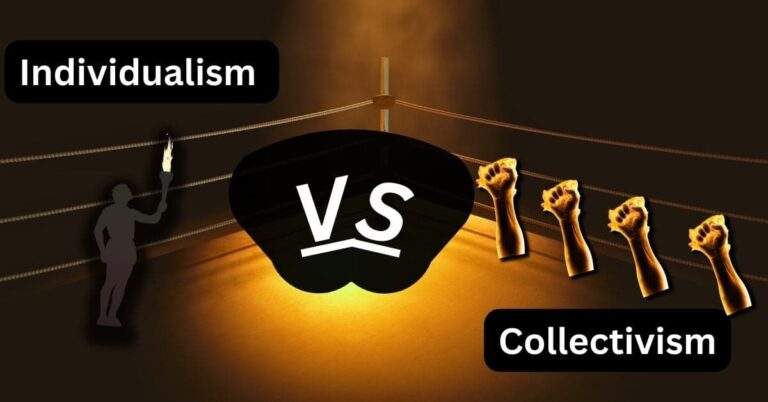You’ve just discovered that we have our governing document- the Constitution. But as you glance over this document for school, you are puzzled by all these roman numerals at the end. What are they? What do they mean? If you’re wondering what those strange characters are, you’ve come to the right place.
A Constitutional Amendment is an added clause to the Constitution either recognizing further protections or dictating limits to governments. Amendments are numbered by roman numerals (I, II, III) or regular numbers (1,2,3). The process to acquire amendments is difficult and takes years.
We just answered your primary question above. Please stick around to learn in more detail why Constitutional Amendments are the hidden gems of modern society and political protections.
What is it?
Basic Understanding
When you enter a new sport or learn a new skill, you have to learn the fundamentals to become the coveted high school star.
Many of our Constitutional Amendments become the stars of modern society. We have all heard “I plea the 5th.” This is a popular phrase in cop dramas, and many fail to recognize the reference is to a Constitutional Amendment.
While these roman numerals added to the Constitution are a big mystery, it is simple when you think of it like this. They’re added to the end of the Constitution because a politician forgot one of the fundamentals of society.
That fundamental is either a right or a protection essential to a country’s survival. You practice these protections every day without realizing it when you use your freedom of speech to discuss hot-topic issues in a history class.
To summarize, a Constitutional Amendment is an added statement at the end of the Constitution establishing rights or protections forgotten by absent-minded politicians.
Amendment History and Trivia

Since the United States’ inception in the 1700s, we have only added 27 amendments to our Constitution.
Depending on what you think are big numbers, having amended a document only 27 times in over 220 years is exceptional. I know many contracts, or leases, which have way more addendums added in a much shorter time frame.
The first 10 amendments are the Bill of Rights ratified in 1791. This means 37% of our amendments were ratified within 3 years of approving the Constitution. The other 63% took years to ratify and lots of sweat equity.
How many amendments do you think have been proposed over the years?
The number is going to be much higher than you think.
Over 11,000 amendment proposals have been submitted since the inception of the Constitution, according to the National Archives Foundation.
Statistically speaking you have a rare chance of passing an amendment if you thought there needed to be a change in America. Just for fun, that is a 0.00245% chance of passing an amendment by taking 27 and dividing it by 11,000.
How are these amendments added?
The amendments are added through a ratification process governed by Article 5 in the Constitution.
What does this entail?
You need a vote of 2/3 of both houses of Congress to propose amendments. If your federal representatives didn’t want to make any changes, you can petition 2/3 of state legislatures to propose a Constitutional Convention.
Either is a viable way to propose those changes that you so desperately want.
To ratify the amendments, you would then need either:
- ¾ of state legislatures to pass amendments
- ¾ of State Convention participants to pass amendments
The Importance of Amending the Constitution

Can you expect to get everything perfect the first time in any endeavor?
Your common sense tells you “no”. If you’re saying “yes,” be honest.
The ability to alter a governing document is necessary for the safety and security of the United States and you.
Liberty and equality of opportunity must be protected. Ratifying amendments is our means of securing those valuable ideas.
Many movements failed over the years but many succeeded.
Just to name a few of the successful ones:
|
Cause |
Amendment |
Date Ratified |
|
Abolished Slavery |
13th Amendment |
December 6, 1865 |
|
Women’s Suffrage (Women’s Right to Vote) |
19th Amendment |
August 18, 1920 |
|
Everyone 18 and Over Voting Rights |
26th Amendment |
July 1, 1971 |
With all these successful movements, American culture shifts, and opposition slowly disappears as new amendments pass.
As scholars continue to study the everlasting changes, one scholar writing for the Yale Journal of International Law had a profound quote.
“An amendment is a constitutional alteration that continues to develop the constitution in the constitution-making path that began at its founding moments. On the other, it is an alteration that yields a new constitution…” – Richard Albert
Yale Journal of International Law
Each additional amendment is like a new mini-Constitution further advancing liberty and freedom.
Where would We be Without Constitutional Amendments?
Americans take for granted the stability the United States offers. With the hope and promise of passing Constitutional Amendments, stability gave rise to the United States’ economic power.
Let’s imagine for a second if we hadn’t passed certain amendments.
- I wouldn’t arbitrarily want the government to search my house without a just cause and a signed warrant from a judge. (4th Amendment)
- I wouldn’t want to incriminate myself. (5th Amendment)
- I don’t want to be put into prison for speaking my mind about important local and state issues. (1st Amendment)
- I don’t want to be a victim of criminals and want the ability to protect my family and myself. (2nd Amendment)
These are scenarios of what life would be like without the ability to pass Constitutional Amendments. I don’t want to live in a country filled with chaos and destruction.
Constitutional Amendments provide hope and security for a tomorrow. We have come a long way from the 1700s horse-drawn carriages to the interstate superhighways of today.
Let’s keep progressing by protecting and cherishing our amendments.
Conclusion
Constitutional Amendments are part of having robust
governing documents. Our local state and federal constitutions both use amendments to correct oversights of past politicians and governing bodies.
A Constitutional Amendment is a simple addendum establishing rights and needed protections for citizens of what country that constitution governs.
Since our Founders, 27 amendments passed the Article 5 ratification process. The chances of submitting an amendment to pass are rare, but the ones that do pass are enshrined. Politicians are obligated to protect our new rights.
We’ve had many new protections such as Women’s Suffrage or the abolition of slavery using Constitutional Amendments.
I don’t want to imagine a world where we didn’t have this process. Change requires debate and an amendment process to help alleviate tensions that build.
Featured Image: zimmytws / shutterstock.com



